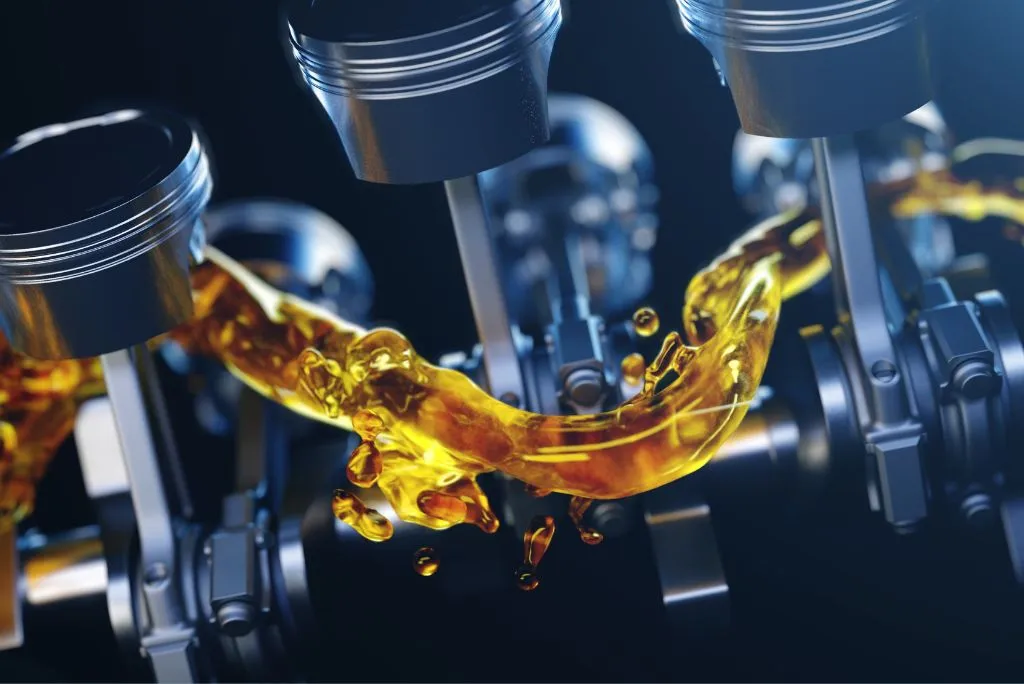Biodegradable Lubricants vs Bio-Based: What’s the Difference?

People have trouble with terms like “bio-based” and “biodegradable” when talking about environmentally friendly lubricants because they are still relatively new and not as clearly defined as other lubrication ideas.
It’s crucial to use the correct terminology and comprehend why these words shouldn’t be used interchangeably when discussing these lubricants.
Understanding Biodegradable Lubricant
When referring to the source of a lubricant, the term “bio-based” is used. The lubricant’s base stock is made from a renewable raw material harvested annually. Products derived from soybeans, rapeseed, and sunflower seeds are all examples of such raw materials.
Despite having desirable lubricity, flash point, and viscosity index characteristics, these base stocks are frequently subpar in terms of oxidation stability. Although they are not widely used, they have a place in hydraulics, total-loss systems, and other environmentally delicate contexts.
Understanding Bio-Based Lubricant
Whereas bio-based lubricants are defined by their production process, biodegradable lubricants are defined by their decomposition process. It considers the lubricant’s purpose, how long it will last in the environment, and the likelihood of environmental breakdown if the lubricant is exposed.
Distinctive Features Between Biodegradable Lubricant and Bio-Based Lubricant
The distinction between biodegradable and bio-based lubricants is critical. Even though some lubricants are made from renewable resources, that doesn’t mean they’re biodegradable.
- The lubricating oil might contain more than just the bio-based lubricant as its base stock.
- the bio-based base stock, while typically agricultural in origin, is not always biodegradable. Some synthetic base stock lubricating oils, on the other hand, have biodegradable advantages.
Suppose you are aware of these distinctions and understand that specific test parameters exist to determine whether a lubricant is biodegradable. In that case, you should be able to use the correct terms when talking about environmentally friendly lubricants.
Finding the Best Biodegradable Lubricants for Your Needs
When trying to find the proper biodegradable lubricant for your needs, it helps to have a firm grasp on the range of options available. Whether you’re using a vegetable oil or a synthetic ester as your biodegradable lubricant, several details need to be crystal clear:
- Manufacturer’s specifications for your engine or machinery.
- State and federal mandates for biobased product use
- The biodegradable product’s characteristics
